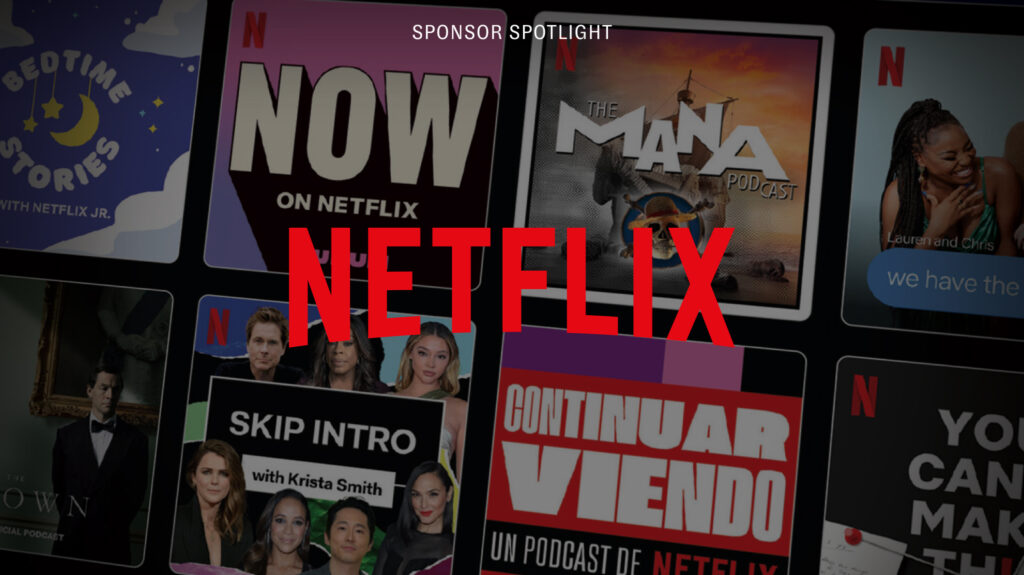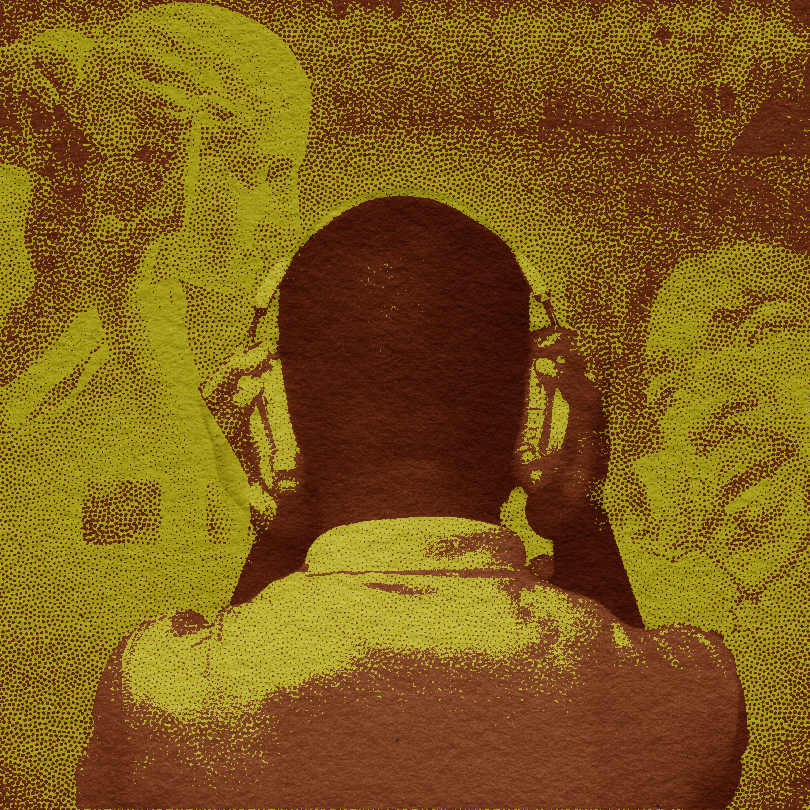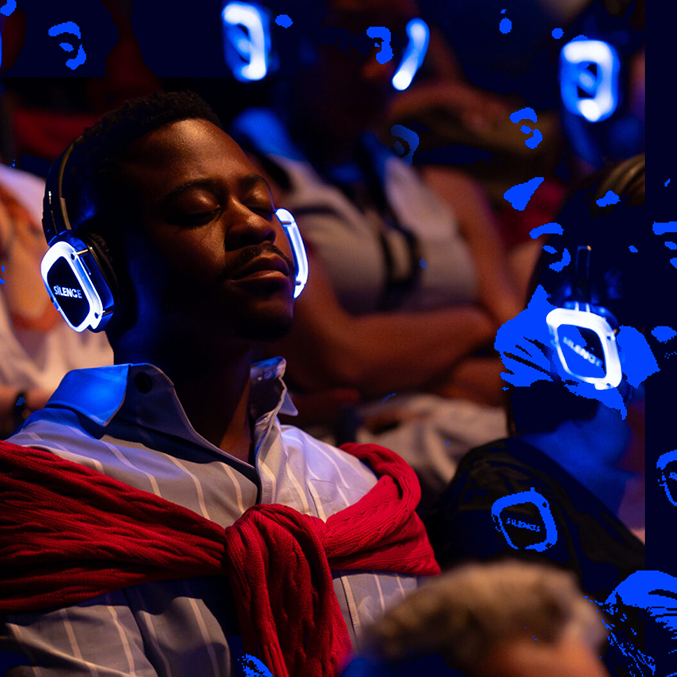Is That How My Voice Really Sounds?
You never forget the first time you hear your own voice played back—the feelings of embarrassment and shame. It’s a shocking thing for anyone with a healthy dose of humility to be confronted with the way you sound to other people.
The stakes of vocal quality are even higher for trans people. For example, some dread phone calls: interactions which strip away the complexities of body language and physical appearance and can result in cases of mistaken identity, not to mention outright abuse.
And yet trans people have taken up podcasting in droves. There are, of course, podcasts about trans issues, but there are also plenty of trans podcasters who are doing news programs, comedy shows, and a variety of other formats. Reyna Cervantes is one of the hosts of Carnal Extremities, a podcast that pairs up “extreme” horror films with metal albums that thematically or stylistically match the movies being discussed. “As a trans woman, I found my space in audio and writing,” says Cervantes, who favors mediums that don’t require her to be on camera.
Tuck Woodstock, host of Gender Reveal, which “explores the vast diversity of trans experiences,” echoes this sentiment. For Woodstock, podcasting is “deeply intimate and thus humanizing,” but has the added advantage of privacy: “people can’t see you.” This kind of intimacy goes both ways—it allows podcasters to feel more connected to their audiences and vice versa.
“A lot of trans people are really lonely,” says Morgan M. Page, the host of the trans history podcast One From the Vaults, “and having someone’s voice so intimately available to you, who is also trans and who is being an entertaining friend, there’s something really powerful about that.”
Of course, this closeness can be a double-edged sword. “When we first started the podcast, I was scared to be perceived in that more personal way,” says June, one of the hosts of the Nic Cage podcast-turned-internet culture show Western Kabuki. While podcasts allow trans people to feel more connected, putting one’s voice out into a world that’s hostile to your very existence is terrifying. And podcasters who transition while producing a show must navigate the complexities of vocal changes during the process.
For instance, trans men who take testosterone typically see a lowering of their vocal pitch. “It’s now very disorienting to listen to the first 75 episodes of the show,” Woodstock says, “because I have a completely different voice. I literally do not recognize that voice anymore, nor do my friends.”
Conversely, estrogen does not affect the quality of a trans woman’s voice. Many trans women thus pursue vocal training, which is typically more about paying attention to and altering the pattern of one’s speech than hitting a particular pitch. (Men tend to speak with less tonal variation than women.) Some also elect for vocal chord surgeries, though these are generally not covered by insurance policies.
Cervantes, the Carnal Extremities host, has done very little voice training, and faces a kind of dysphoria at the sound of her own voice. “It gets so severe that most of the time I can’t bring myself to edit episodes,” she says. “Oftentimes I end up blaming myself for not actively pursuing voice training.”
But many trans women choose not to pursue voice training, for a variety of reasons. “I have a voice that is naturally kind of deep and cartoonish sounding,” says Grace Freud, who co-hosts the Girl God Experience comedy podcast alongside April Clark. “And I’m not really a person who thinks before I talk, so voice training isn’t going to be super useful for me.”
For those who do seek out voice training, it can be a long and difficult process. Mckenzee Griffler, who co-hosts with Woodstock on Gender Reveal‘s advice-focused episodes, went through an eight-month voice training program. The effort initially “opened a lot of vocal dysphoria floodgates” towards her old voice and resulted in some awkwardness while recording episodes during a period of conscious vocal adjustment. “I listened to those in-between episodes all the time in different headphones and speakers as feedback to try to sort out what I liked and didn’t like about my changing voice,” she says. But eventually, she ended up happy with where her voice settled. “I don’t really think about what I sound like now,” she says.
While the prospect of recording and listening back to one’s own voice can be daunting, continual exposure to it can also be therapeutic. Page has received the occasional hateful comment about the way she sounds, but she says that “doing the podcast has cured whatever issues I had with my voice.”
Trans podcasters often become intimately familiar with the ways in which gendered expectations around voice are conditioned by misogyny and racism. “Back when my voice was much higher,” Woodstock says, “I used to get criticized for vocal fry and uptalk whenever I went on a big show (think NPR). That doesn’t happen anymore, for some unknowable reason.” Jazmine (JT) Green, a Black producer and podcaster who was one of the hosts of a show called Open-Ended, dealt with insecurities around their voice before coming out as trans. In an effort to sound more authoritative, they attempted to lower their tone and alter their delivery to match that of iconic white, male podcasters like Roman Mars.
Despite the difficulties podcasting presents for trans people, the medium is more resistant to context collapse than formats like Twitter or even longform writing, which is vulnerable to being screencapped and weaponized to whip up social media mobs. “I get in way less trouble on podcasts than I get in on Twitter,” says Page, whose Twitter account has nearly 30,000 followers. “You can’t just scan a podcast in two seconds, have a reaction, and then post it.” June agrees, noting that “you have to go out of your way to be mad about a podcast.”
Additionally, podcasts help foster connection amongst a population that is currently one of the American right’s biggest targets. Griffler says trans podcasters “can help provide a sense of community during things like someone’s commute or in their headphones at work when someone might be feeling isolated or trapped in a prison of cisnormativity.” Green agrees, noting that a podcast—unlike, say, a book—can be processed in public without anyone else knowing.
As trans people resist attacks on their existence; podcasts, whether explicitly about issues facing the population or not, can remind listeners they aren’t alone. Sometimes, they can do so simply via representation. “Someone messaged me recently on Twitter and said, ‘it’s really cool to hear a trans woman who sounds like I do,’” Freud says. “And that rocks.”
![]()
merritt k is a writer and editor. Her previous works include an anthology of interactive fiction and a collection of poetry.









